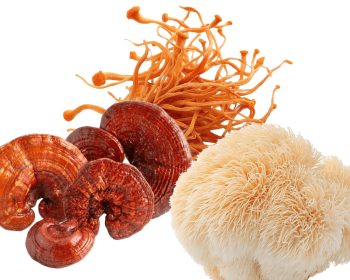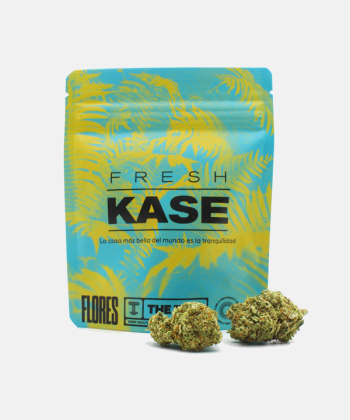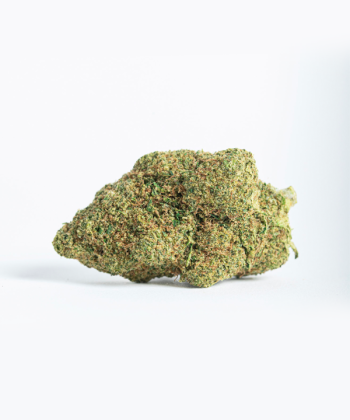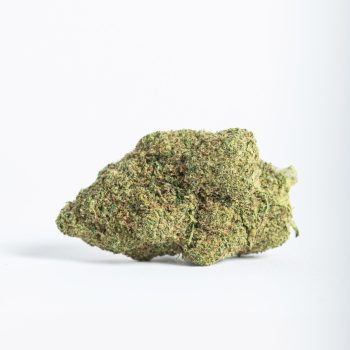In the constant quest to improve academic performance, many students explore various strategies and supplements to enhance their ability to concentrate and remember. Among the most recent and popular options is cannabidiol, better known as CBD. Derived from the cannabis plant, CBD has gained notoriety for its potential benefits without the psychotropic effects associated with THC. With growing research and numerous testimonials suggesting that CBD can help reduce anxiety, improve sleep, and thus boost concentration, it’s understandable that more students are considering it as a tool to optimize their study. But how effective is this compound really? Can CBD be the key to better concentration and academic performance? In this article, we will explore in detail what CBD is, how it might influence concentration, and what the science says about it.
Potential Benefits of CBD for Concentration
CBD has caught the attention of the academic and student community for its many potential properties. Although research is still in its early stages, several studies and testimonials indicate that it could offer various advantages that can contribute to better concentration and academic performance. Below, we detail some of the most relevant potential benefits of CBD for concentration:
Reduction of anxiety and stress: One of the most documented effects of CBD is its ability to reduce anxiety and stress¹. These factors can be major obstacles to concentration and focus, especially during periods of exams and important projects. By helping to calm the mind, CBD can allow students to focus better on their tasks.
Improved sleep: Good rest is essential for concentration and cognitive function. CBD has been shown to be useful for improving sleep quality, helping to combat insomnia and promoting a more regular sleep cycle². Restorative sleep can translate into a more alert mind capable of maintaining attention for long periods.
Neuroprotective effects: Some studies suggest that CBD has neuroprotective properties, which means it can help protect brain cells³. This could have positive implications for memory and learning ability, although more research is needed to fully understand these effects.
Reduction of inflammation: Inflammation in the brain can negatively affect cognitive function. CBD is known for its anti-inflammatory properties⁴, which could help maintain a healthy brain environment and, consequently, improve concentration and academic performance.
Increased general well-being: CBD interacts with the body’s endocannabinoid system, which plays a crucial role in regulating various physiological functions, including mood and stress response⁵. By promoting an internal balance, CBD can contribute to a more positive and focused mental state.
Improved focus and mental clarity: Some CBD users report an improvement in their mental clarity and ability to maintain focus on specific tasks⁶. Although anecdotal evidence is not sufficient for definitive conclusions, these reports suggest that CBD could be a useful tool for those looking to improve their productivity.
It’s important to remember that the effects of CBD can vary from person to person, and what works for some may not be effective for others. Additionally, if we find it difficult to maintain concentration, it’s always advisable to consult with a healthcare professional before starting to take CBD, to rule out any pathology and ensure it is safe for our specific case and suitable for our specific needs.
References
Skelley, J. W., Deas, C. M., Curren, Z., & Ennis, J. (2020). Use of cannabidiol in anxiety and anxiety-related disorders. Journal of the American Pharmacists Association, 60(1), 253-261.
Suraev, A. S., Marshall, N. S., Vandrey, R., McCartney, D., Benson, M. J., McGregor, I. S., … & Hoyos, C. M. (2020). Cannabinoid therapies in the management of sleep disorders: a systematic review of preclinical and clinical studies. Sleep medicine reviews, 53, 101339.
Campos, A. C., Fogaça, M. V., Sonego, A. B., & Guimarães, F. S. (2016). Cannabidiol, neuroprotection and neuropsychiatric disorders. Pharmacological research, 112, 119-127.
Lodzki, M., Godin, B., Rakou, L., Mechoulam, R., Gallily, R., & Touitou, E. (2003). Cannabidiol—transdermal delivery and anti-inflammatory effect in a murine model. Journal of controlled release, 93(3), 377-387.
Micale, V., Di Marzo, V., Sulcova, A., Wotjak, C. T., & Drago, F. (2013). Endocannabinoid system and mood disorders: priming a target for new therapies. Pharmacology & therapeutics, 138(1), 18-37.
Moltke, J., & Hindocha, C. (2021). Reasons for cannabidiol use: a cross-sectional study of CBD users, focusing on self-perceived stress, anxiety, and sleep problems. Journal of cannabis research, 3, 1-12.













